Chicago Proactive Response (CPR) COVID-19
In response to challenges faced by the medical community, the CPR COVID-19 initiative has fostered collaborations to design and develop a full featured open source ventilator that is low-cost, easy to assemble and uses readily available components. Photo credit: mHUB.
Tapping innovation in the Chicago region
CPR COVID-19 is a collaborative initiative between mHUB, MATTER and 1871 to develop and accelerate solutions to fight the novel coronavirus pandemic and provide economic relief for early stage startups in the Chicago region. The initiative taps the ingenuity of the biomedical and technology communities in Chicago to address immediate needs such as providing personal protective equipment (PPE) for healthcare workers, and the longer-term needs of startup and early-stage companies that were particularly hard hit by the pandemic.
Open Source Face Shield (PPE) is an example of one project that has been supported through this initiative. In response to a request from Northwestern Memorial Hospital, mHUB spent a weekend working on a prototype for face shields. Within two hours, the team had a working prototype and pilot shields were in the hospital by Monday. A week later, mHUB began production using laser cutters to safely craft, assemble and pack fully-workable face shields. The first shipment of 100 shields was in the hands of frontline healthcare workers at Northwestern within a few days. Advocate Silver Cross, Amita St Josephs, Advocate Christian, Advocate South Suburban and Cook County Health were among the initial recipients of face shields.
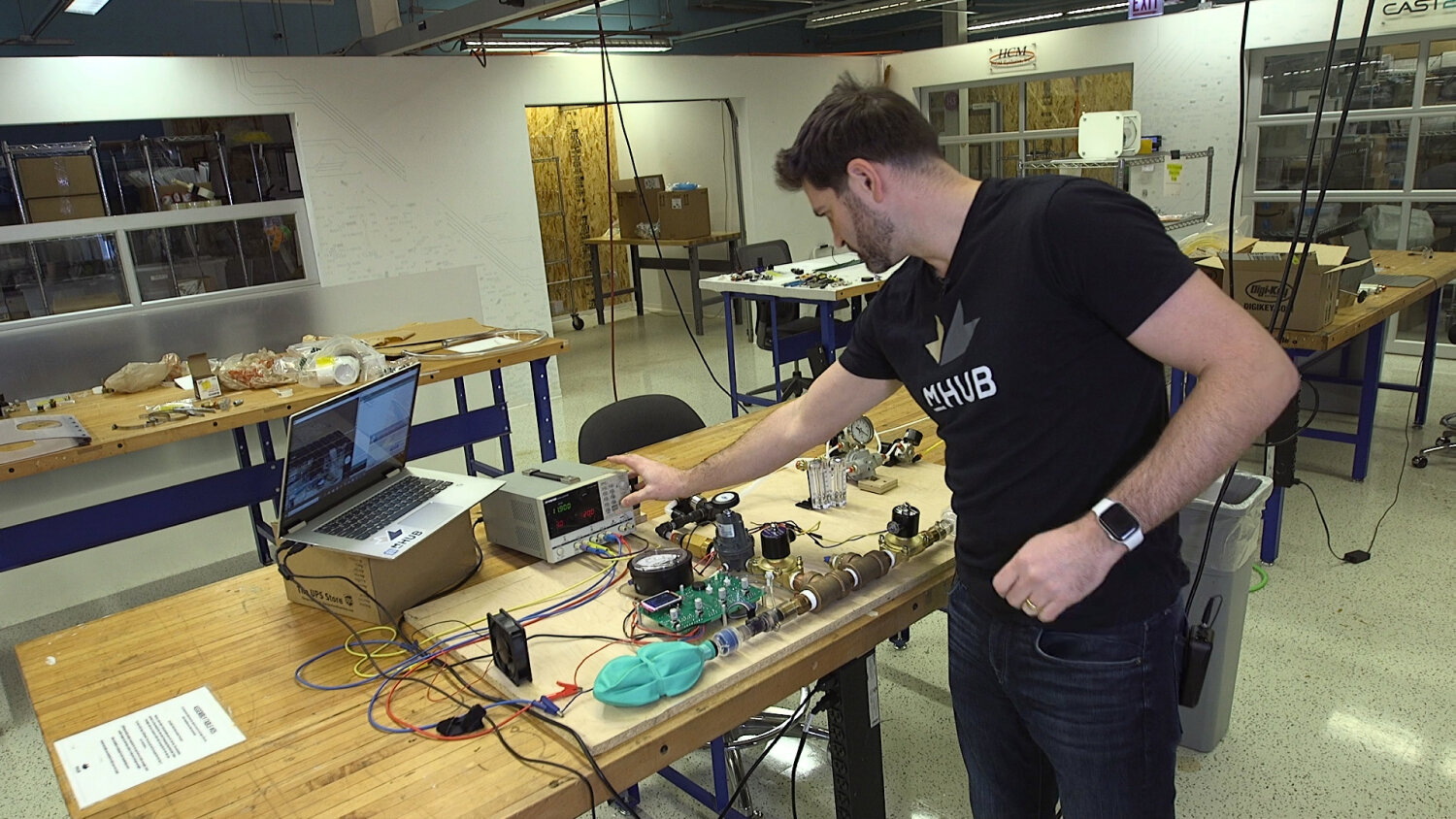
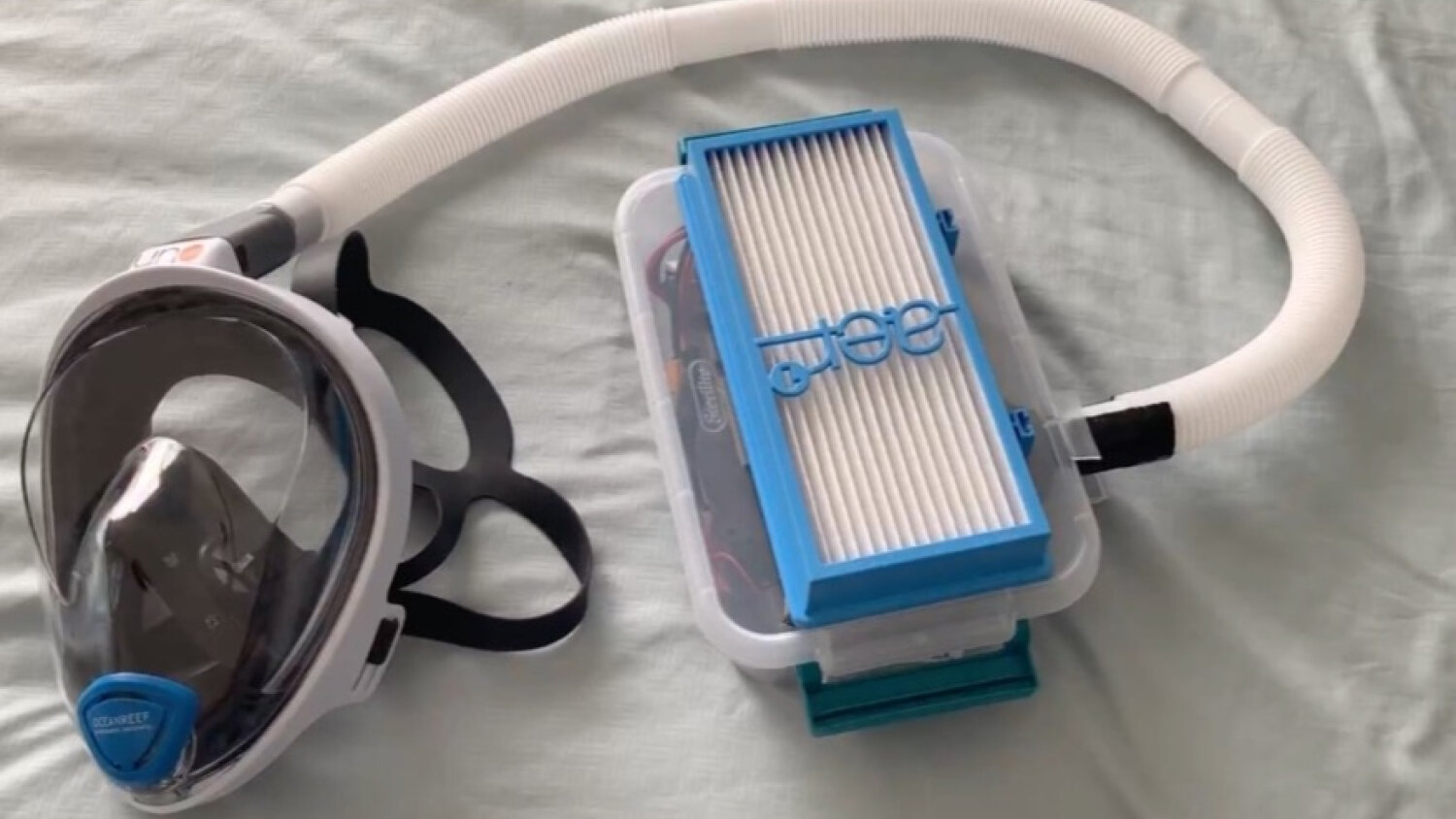
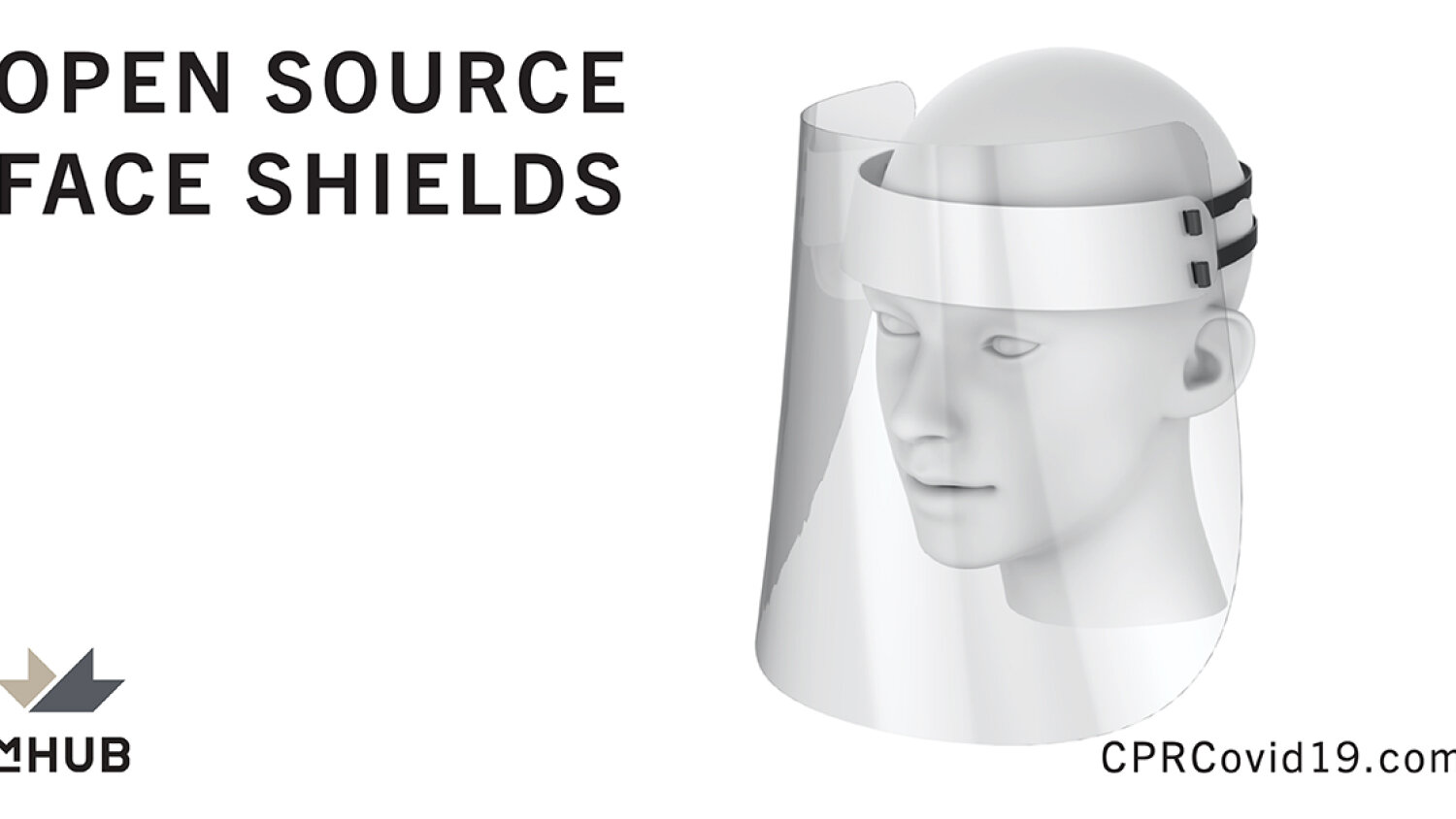
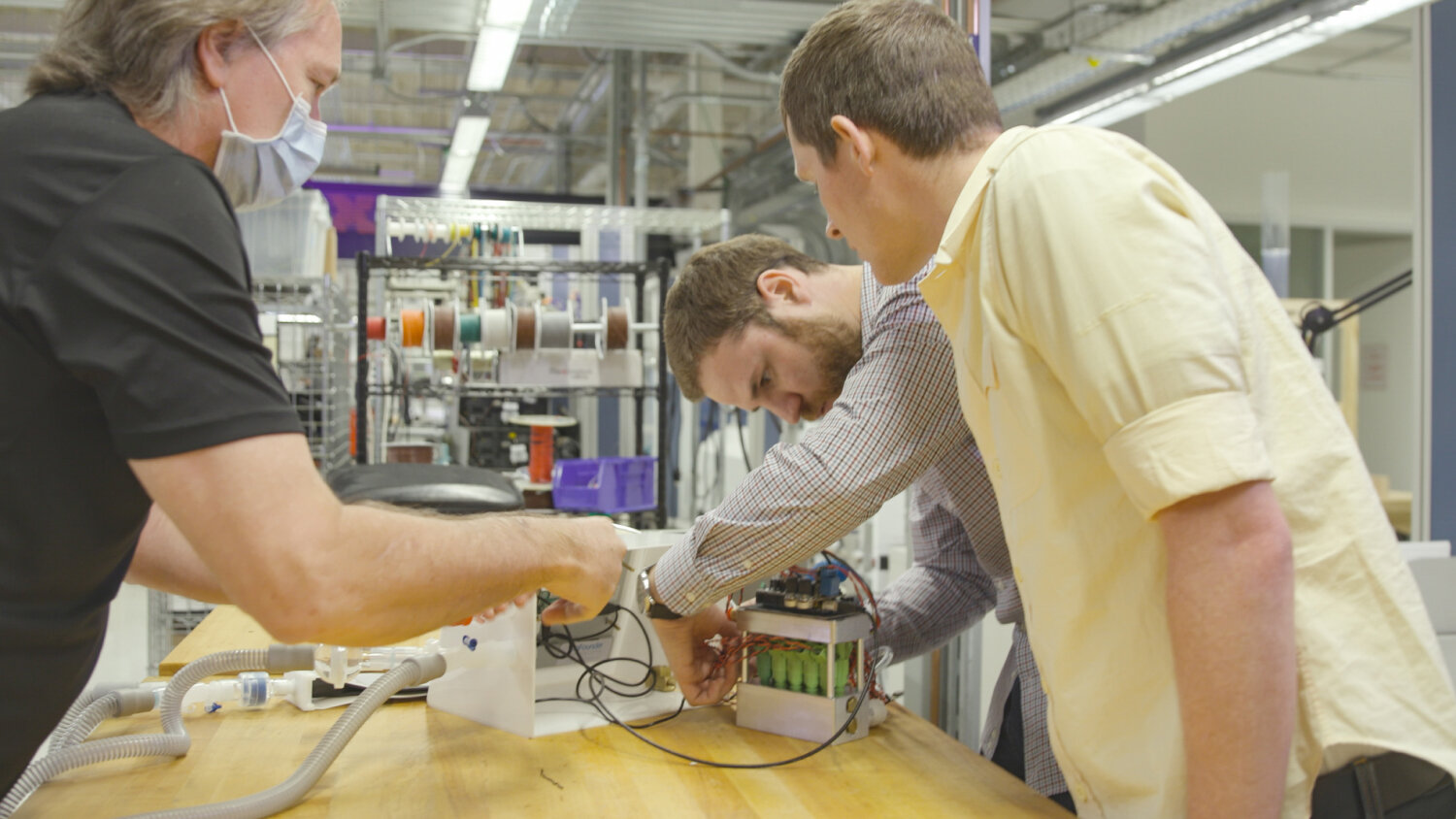
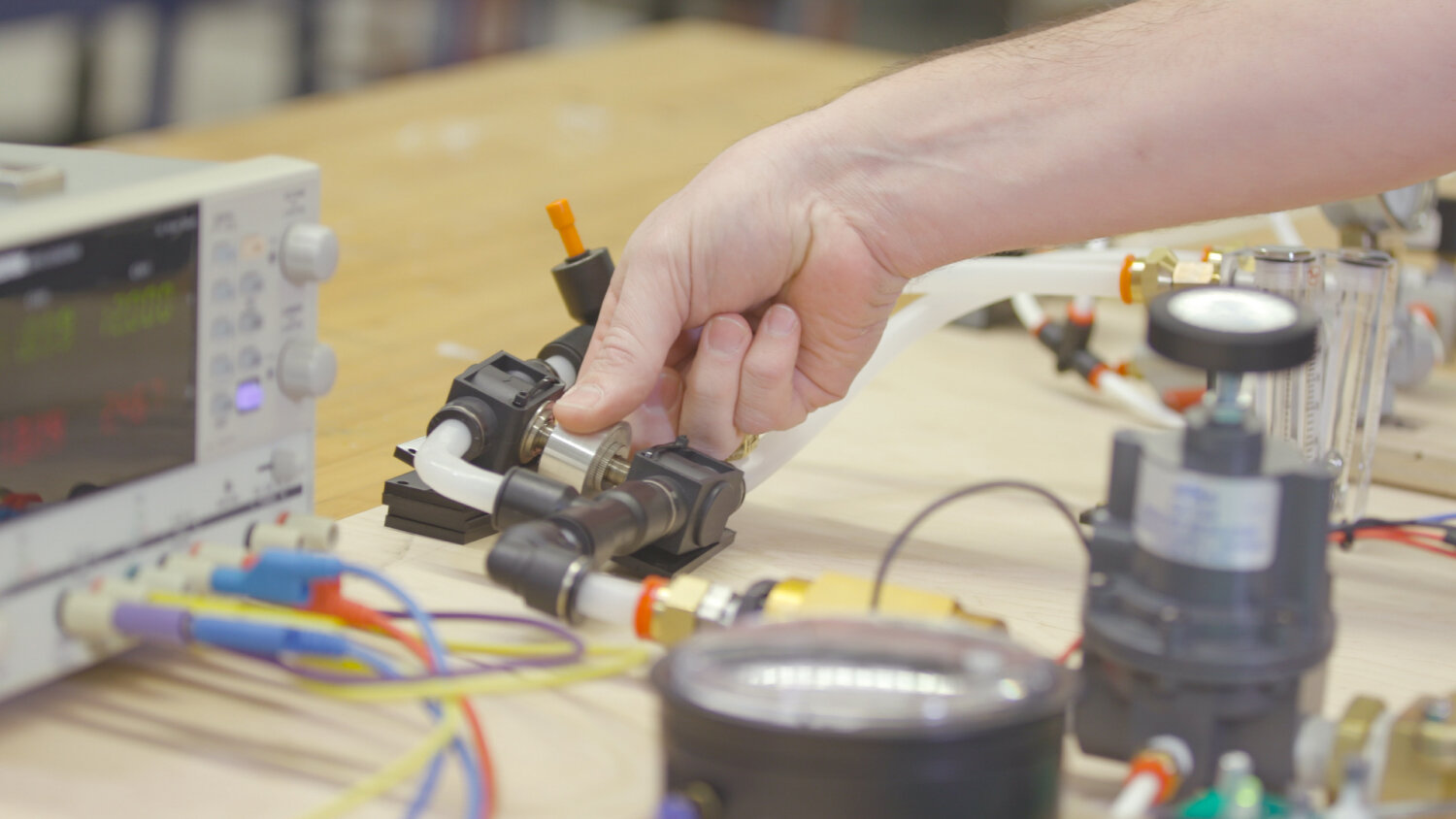
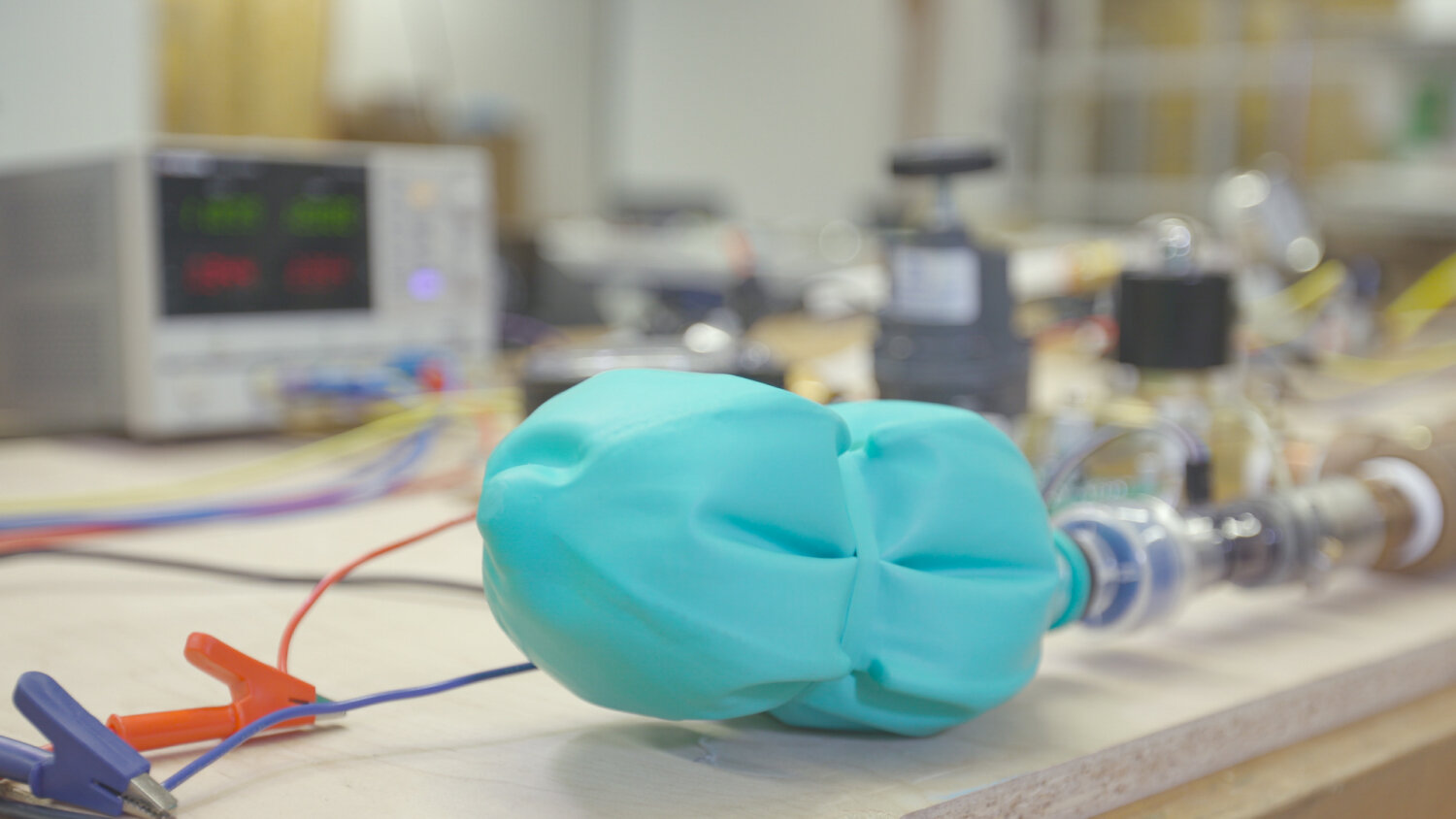
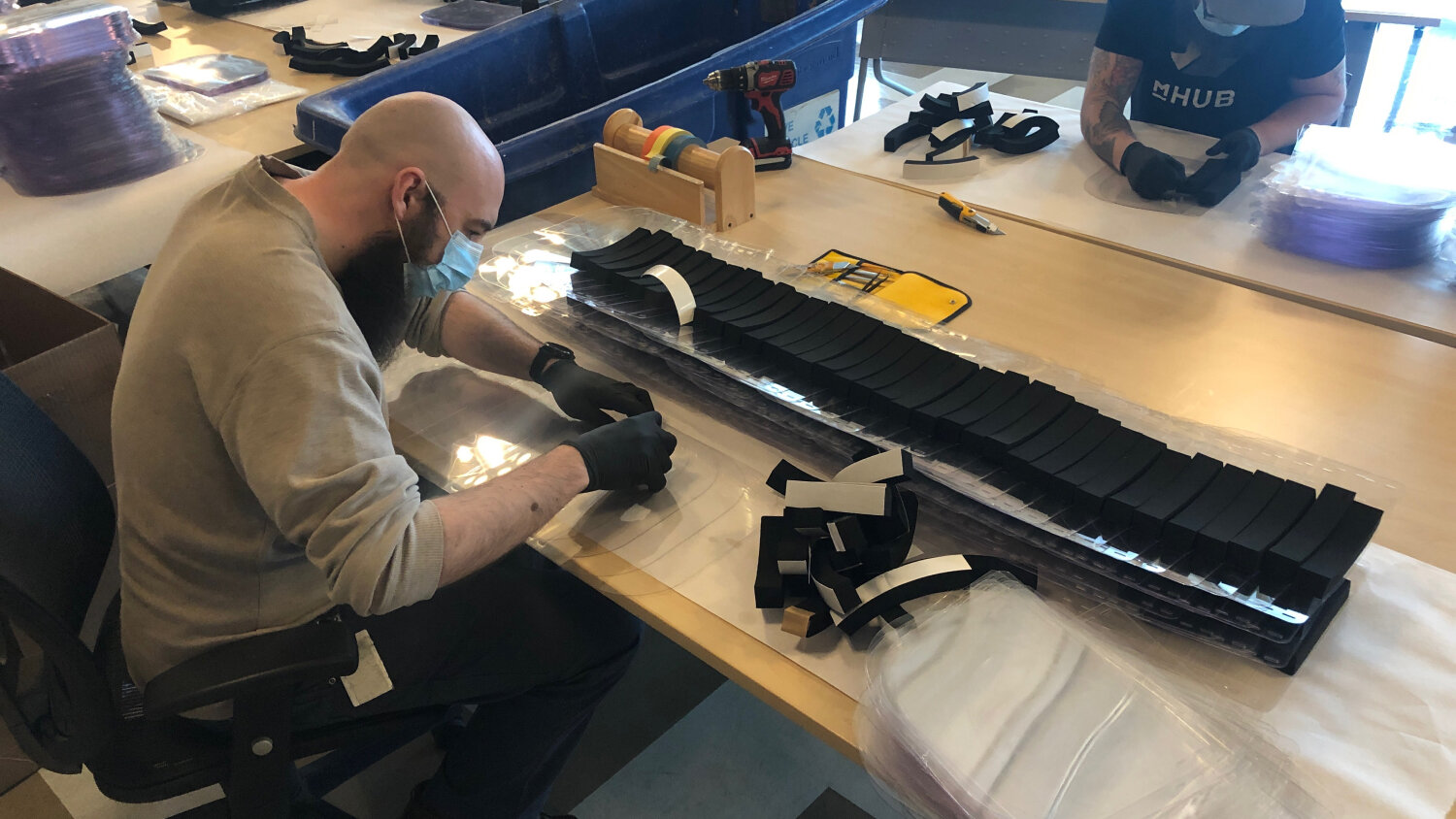
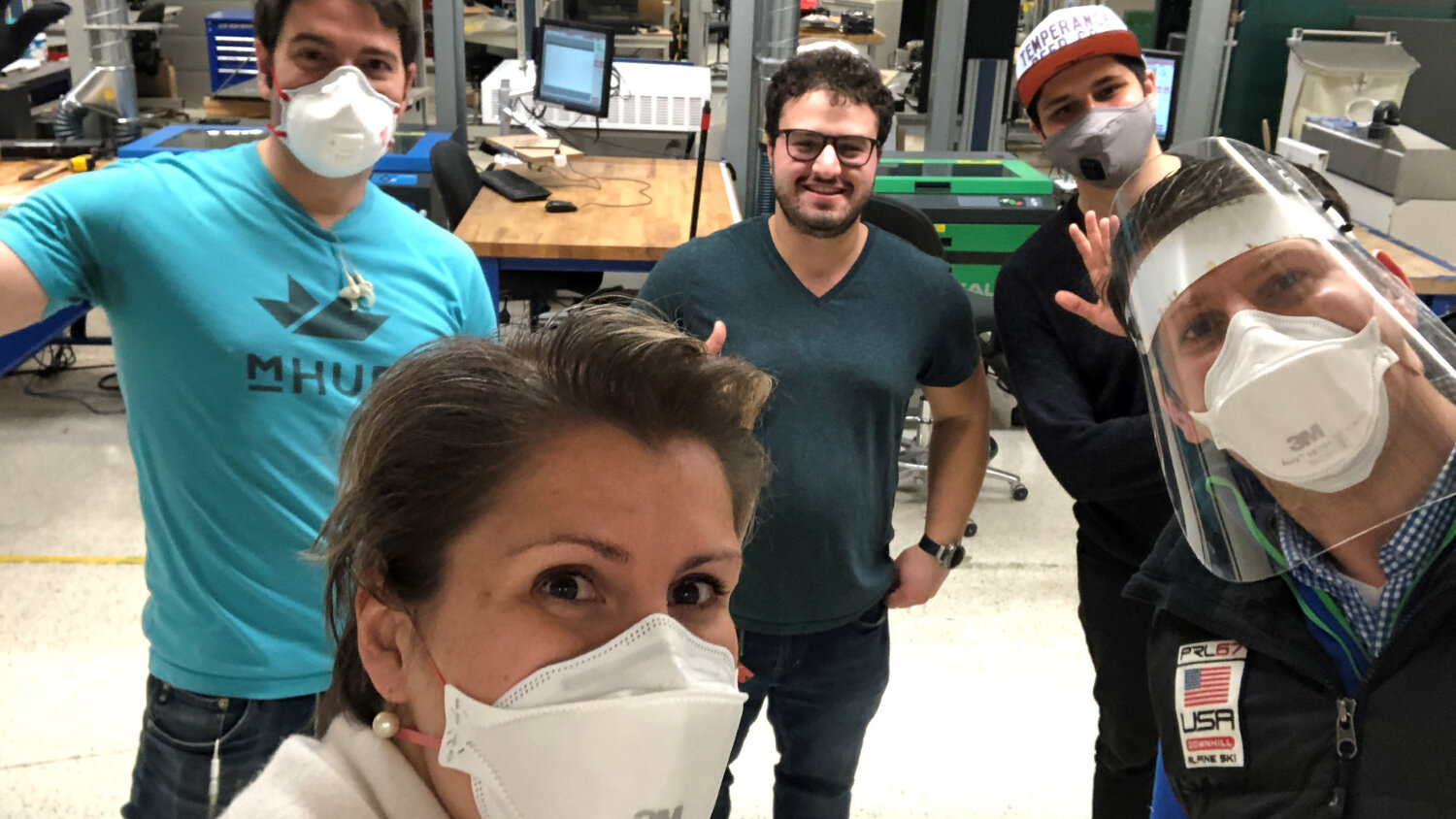
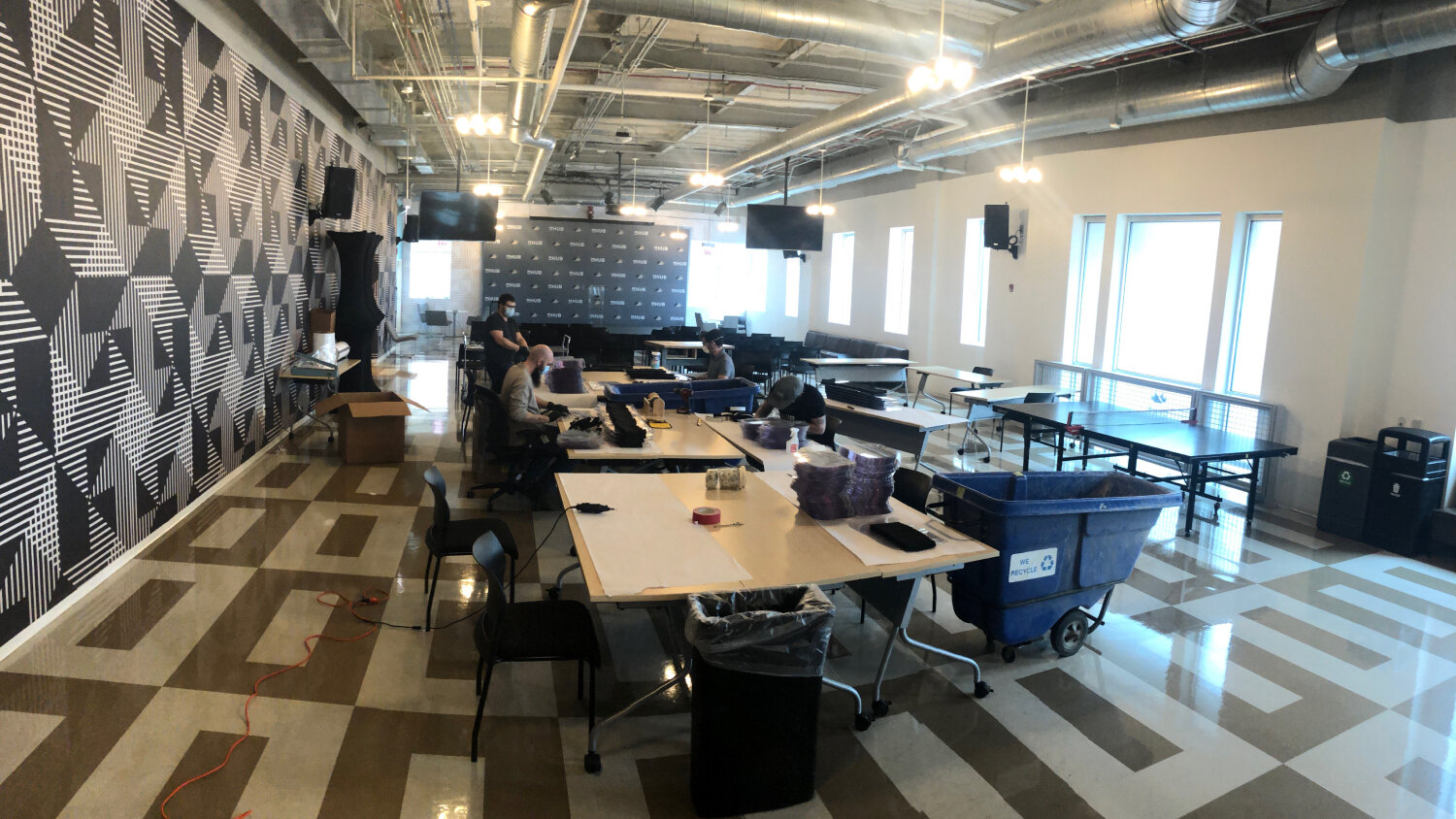
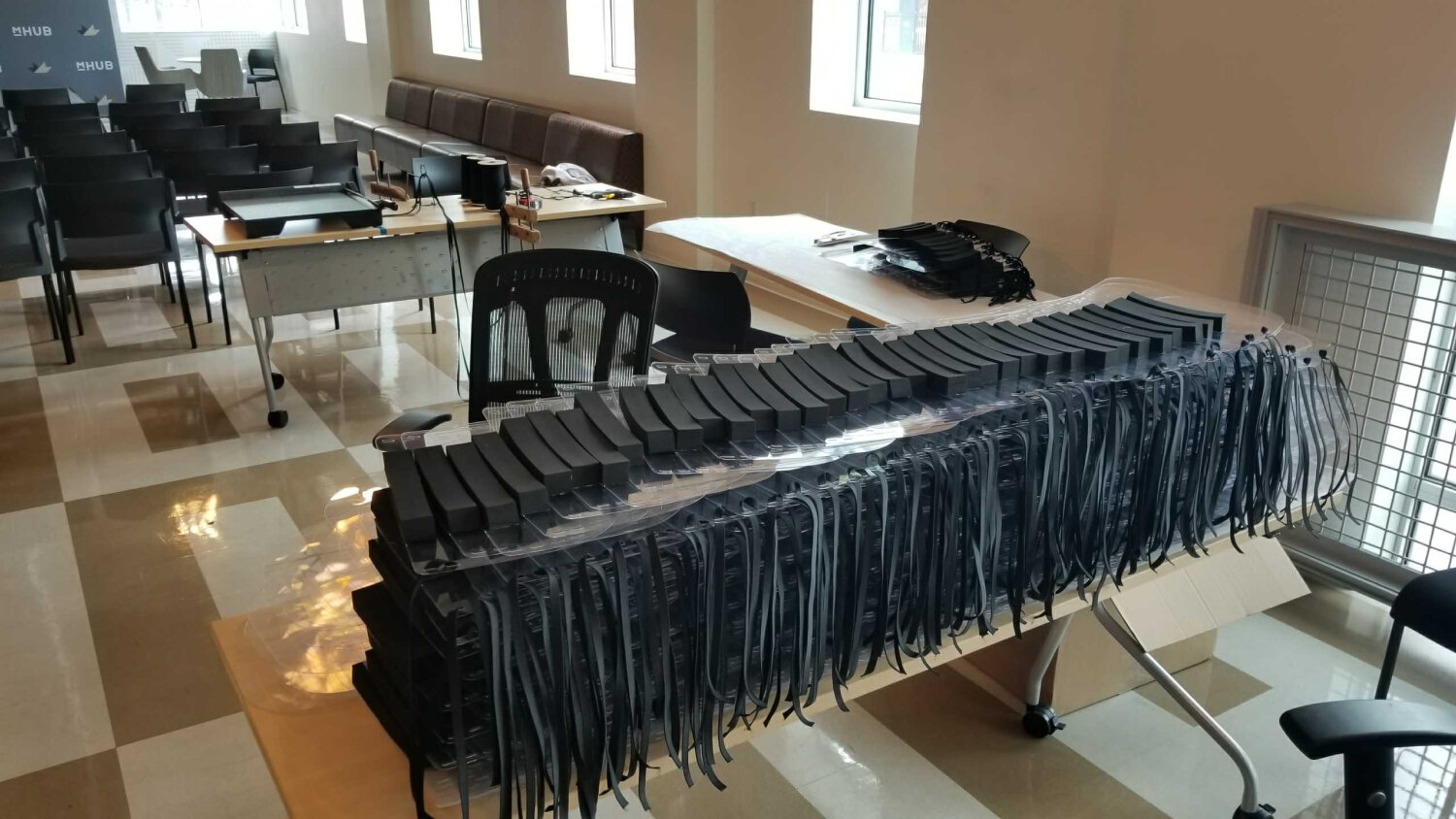
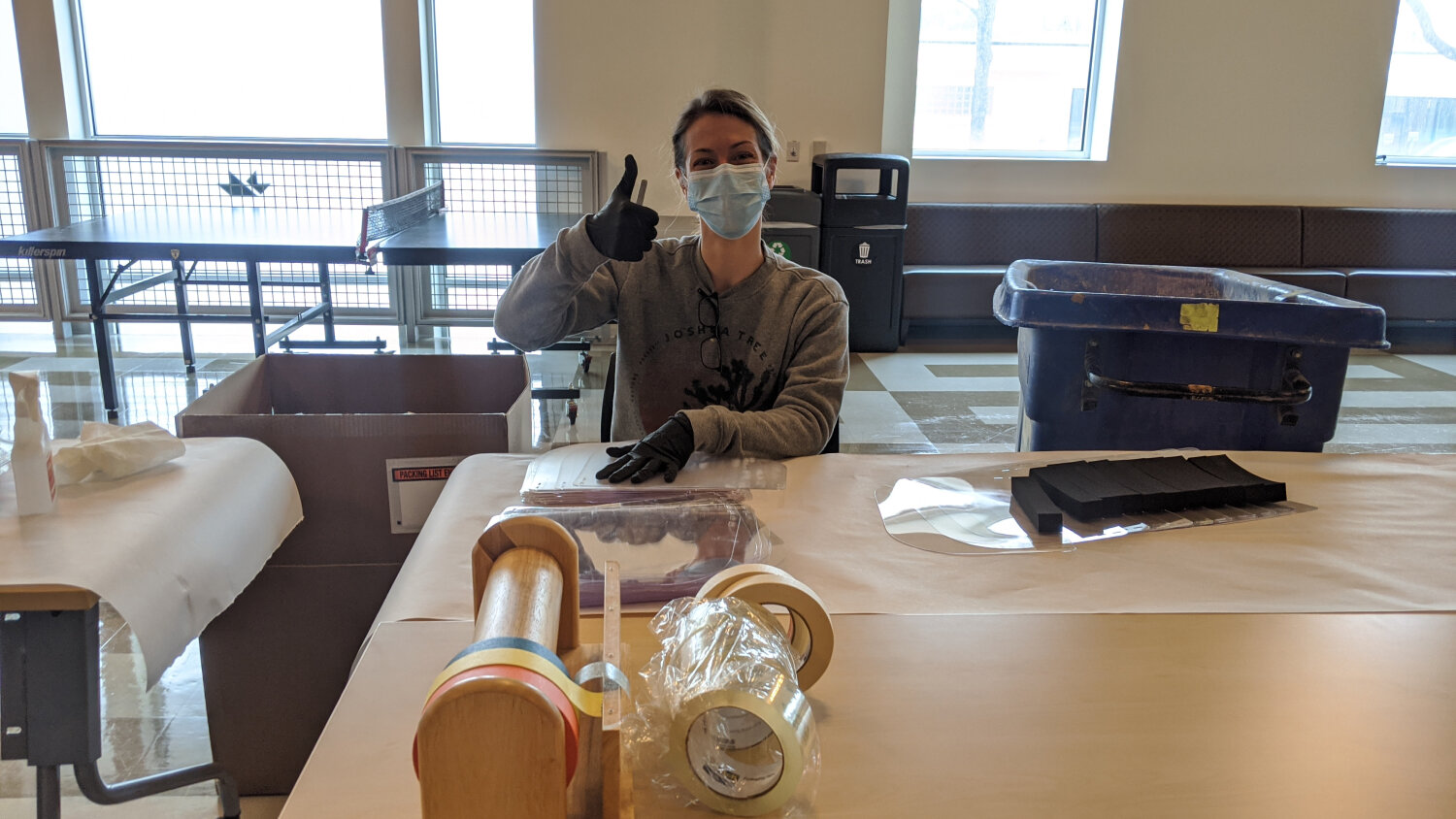
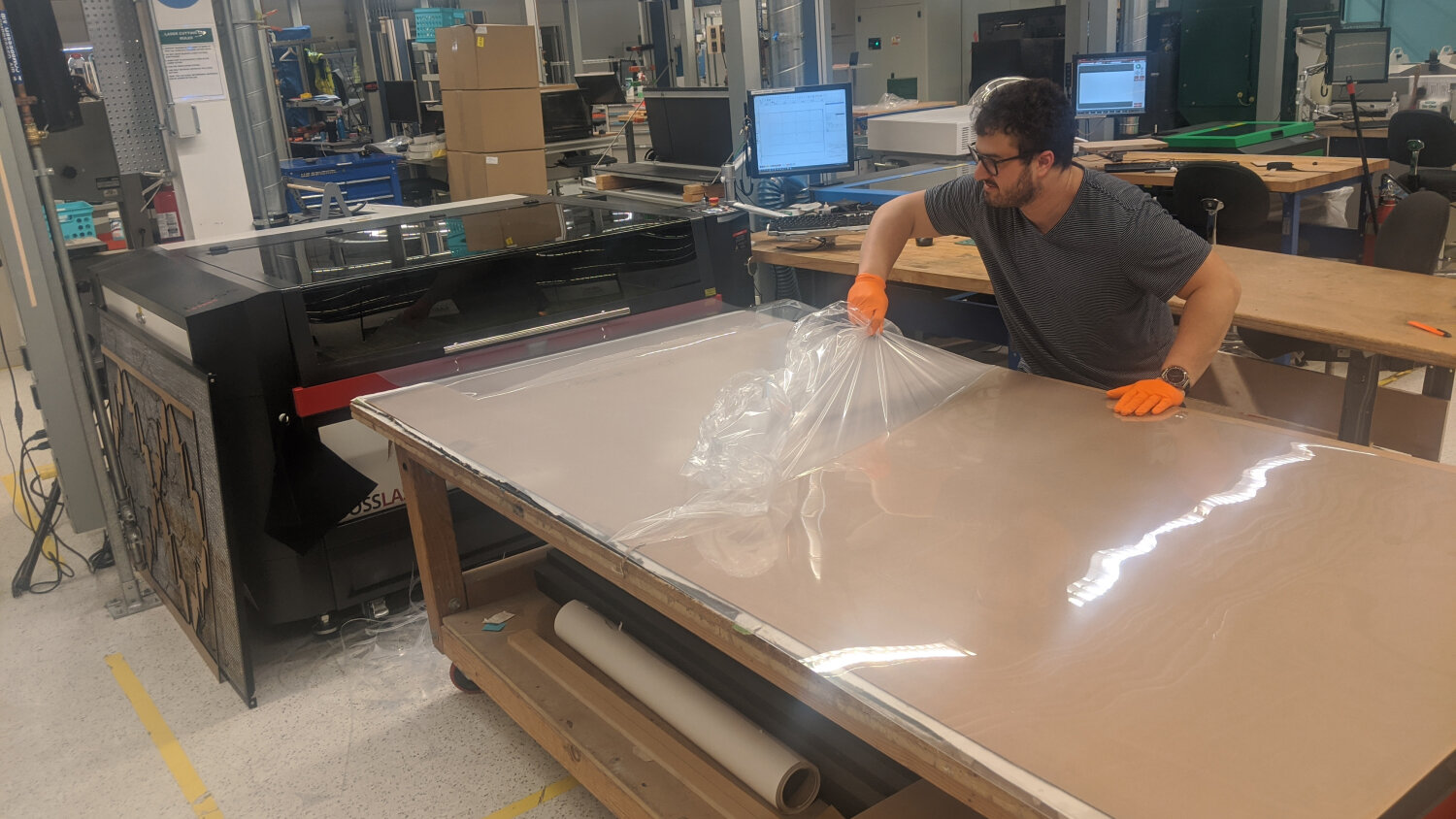
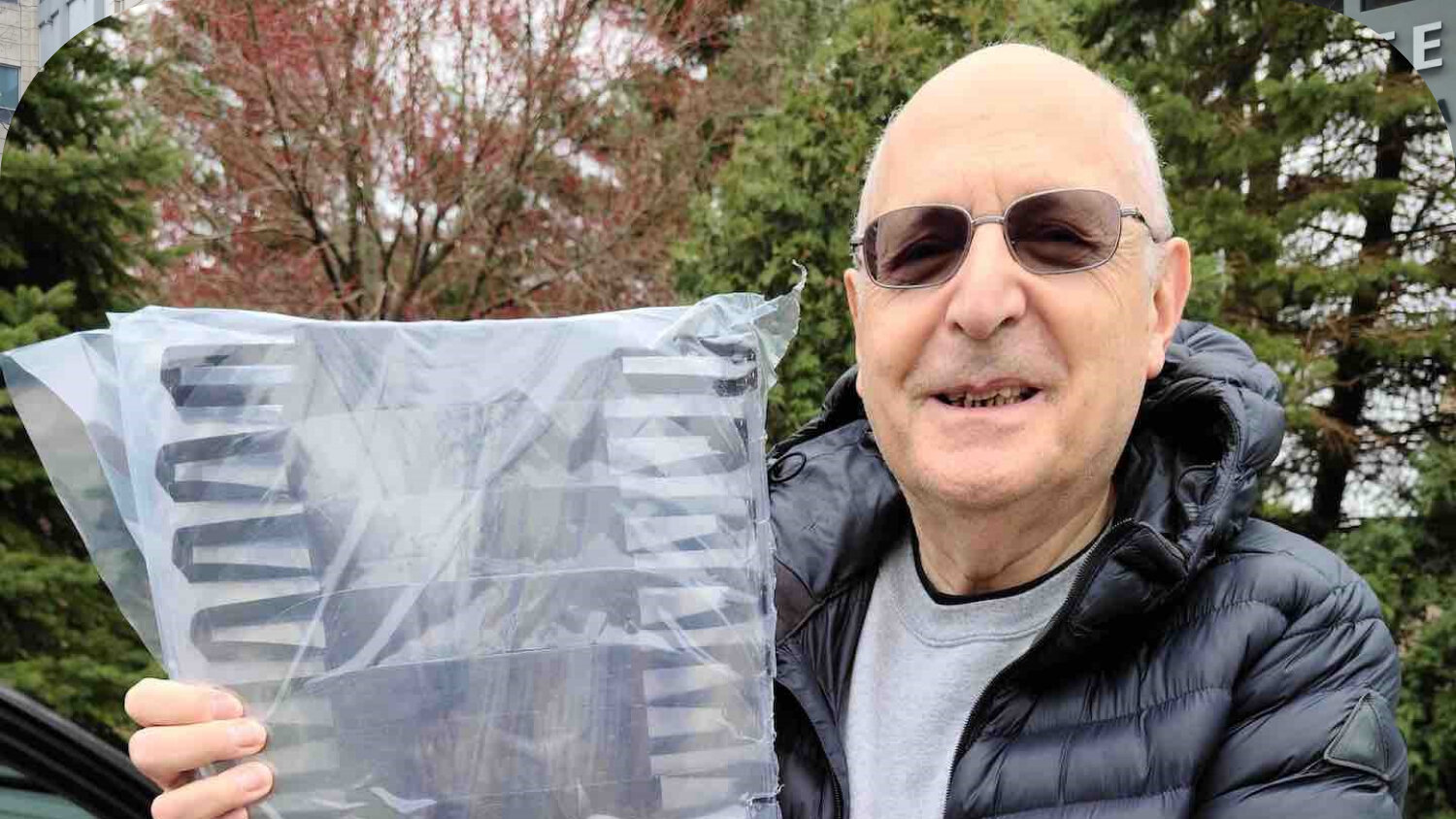
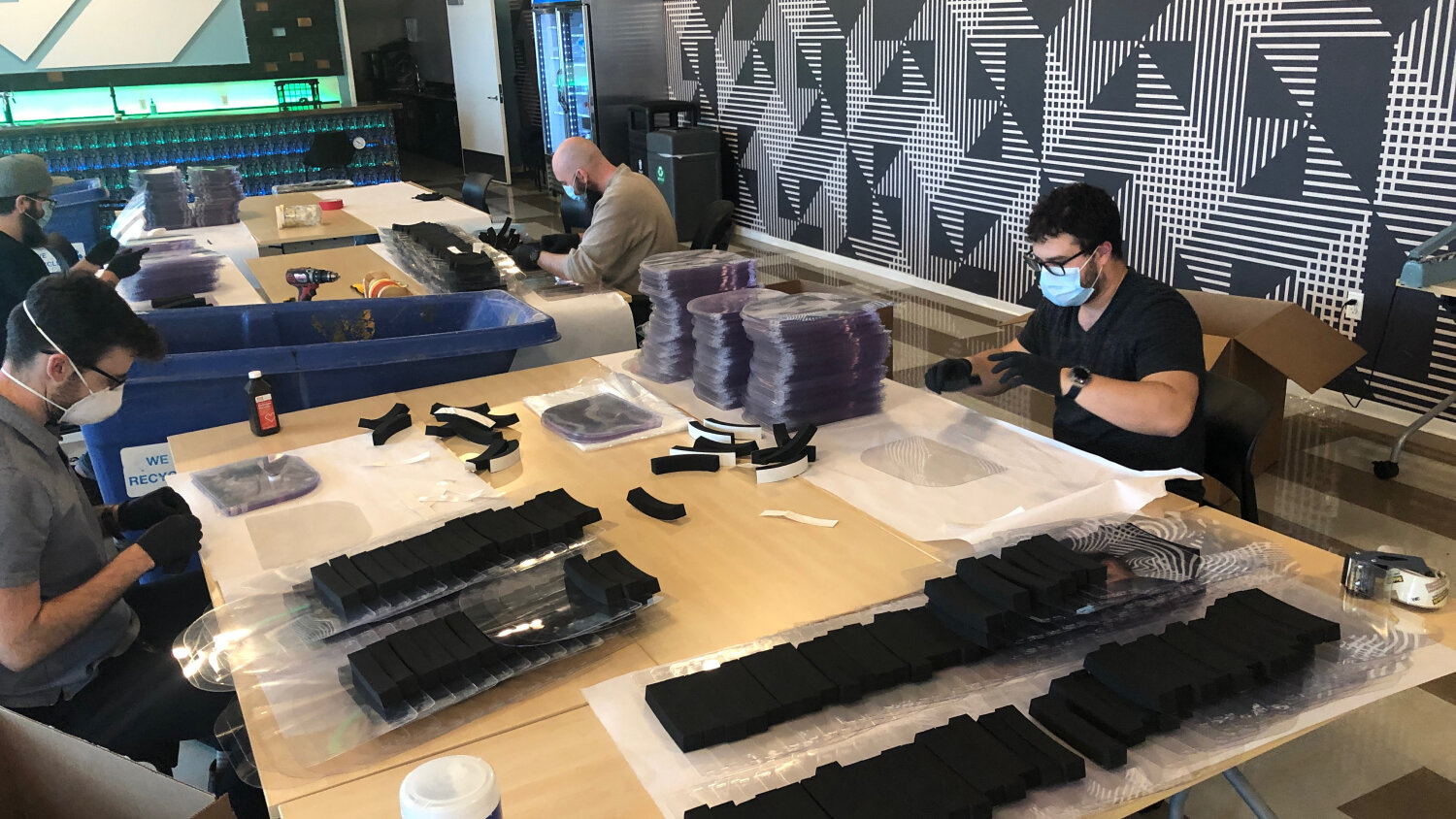
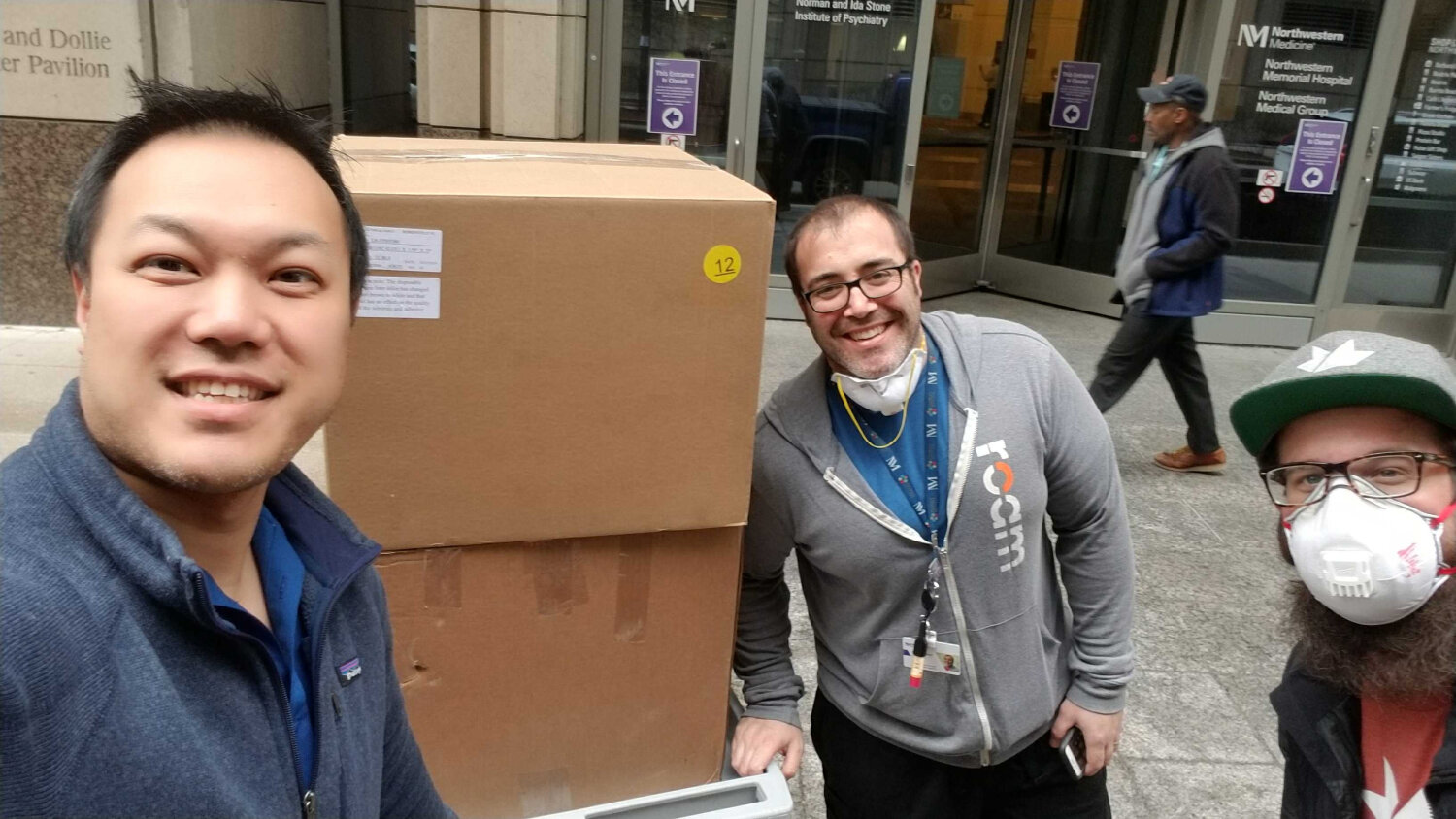
Another project supported through the CPR COVID-19 Initiative was the Powered Air-Purifying Respiratory (PAPR) Device. PAPR is an essential device to help medical professionals safely treat patients diagnosed with COVID-19. PAPR replaces exhaled CO2 with fresh, filtered air. The mHUB team of more than 20 volunteers, led by member company Jiobit, was able to address manufacturing and supply chain challenges to create a PAPR prototype that is affordable, dependable, and uses readily available components. Core components include a vacuum cleaner HEPA filter, scuba mask, the bilge hose from a sump pump, the blower motor used to cool a computer, and the battery used as a computer’s external power supply. The compiling parts that link these disparate components together were fashioned by 3D printers and machining equipment. The device is easy to sanitize and adjust, and can be sold for a lower cost than current equipment on the market. To date, 25 units have been distributed to the State of Illinois and another 14 were donated to VA hospitals, Emergency First Responders, and ICU nurses across the US.
Get more stories like this delivered to your inbox.
Sign up with your email address to receive news and updates.













